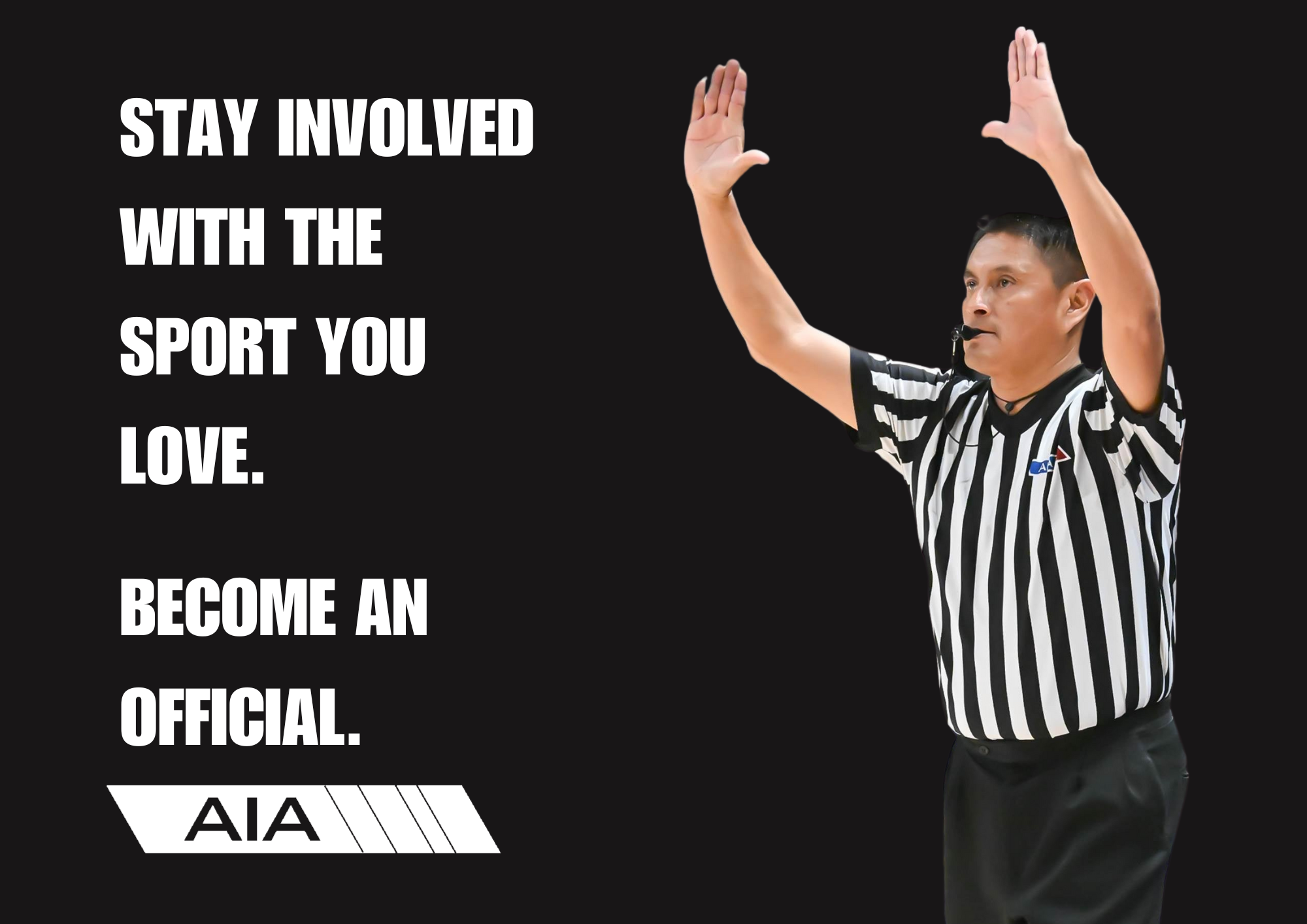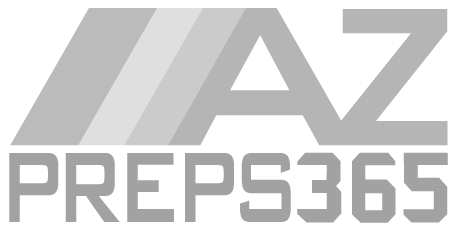AIA Legislative Council approves transfer-policy change
March 4, 2016 by Les Willsey, AZPreps365
The climate for a transfer-rule change early Friday morning was not positive as the AIA's Legislative Council convened.
It changed drasticallly once a transfer--rule amendement to an amendment was proposed and worked itself into an newly adopted rule come July 1, 2016.
By a vote of 32-7 the LC passed a transfer rule that would require students who transfer regardless of change of domiclie to sit out the first 50 percent of regular-season games. Any subsequent transfer by that student would require sitting out a calendar year -- again regardless of change of domicile.
The amendment, offered by Mesa district athletic director Dr. Steve Hogen, pushed the original transfer change from applying not just to the varsity level, but sub levels as well. It gained more appeal after about a 10-minute caucas among LC members.
The policy adopted underwent two amendements before coming to a vote. The hope is it serves to relieve a heavy workload on administrators and slow athletically-motivated transfers, certainly those who do it more than once.
"The time AD's have had to spend to validate and investigate has been substantial," La Joya athletic director Derek Fahleson, a former and recent AIA executive board member, said. "The onus will now be on the parent to appeal. Domicile will no longer be an issue. The parent has to prove what the appeal/ hardship reason is."
Perhaps the key piece of the new rule is removing the domicile component.
"I think this addresses fake moves," Hogen said. "Did somebody move or did they not move. That system creates lying or lack of honesty. I wasn't in favor of the limiting the 50 percent rule to varsity only, and letting the other levels be eligible right off the bat....
"I don't think this will be a cure-all. But it's a step we should try. I don't envision it changing the world."
Hogen credited Chandler district athletic director Marcus Williams with getting the transfer discussion going at a well-attended athletic directors meeting in early January at Xavier Prep.
"Marcus opened it up for discussion at that meeting and everybody agreee transferring was a huge issue and something needed to be done. We heard a lot of ideas that day and I think a lot of them came together it what was passed today."
The main things -- a 50 percent rule and dumping the domicile component.
Another ramification is private schools and charter schools no longer will have to abide by the county as domicile since domicile will no longer be a piece to the puzzle.
AIA assistant execcutive director David Hines was somewhat surprised a transfer-policy change was voted in. And there will be work to do in setting it up by July 1.
"There will be logistical things we'll need to work on," Hines said. "The conferences may end up being the committees for hardships so those can be done in a timely, efficient manner. They know their conferences better than we do. We'll need to go over rules to check if there are any conflicts with other by-laws, things like that."
Student-athletes will still be able to appeal. If the sending and receiving school agree the transfer is legitimate and file the paperwork it would be approved by AIA and participation would begin immediately.
The existing transfer by-law remains until July 1, which means domicile requirements still apply until then.
OTHER LEGISLATIVE COUNCIL MEETING NEWS
The other most discussed agenda items was making pitch limits a rule in baseball. It was adopted by a vote of 37-1and will go into effect in February of 2017. An attempt to enact it with emergency legislation effecitive March 21, 2016 was not approved.
The pitch limits and recommended rest for pitchers to be used is suppiled by USA Baseball. A rapid increase in arm, elbow and shoulder injuries at the youth level brought about the amendment.
Golf, badminton and track seasons were allowed to increase their regular-season by a few days in order to get matches iand meets in with the extra time. Basketball was allowed to extend its season a week to allow for the possibility of wider availability for postseason venues.
A clarification of what constitutes prior contact was also passed as part of the AIA's recruitment rule.



